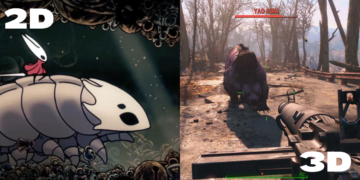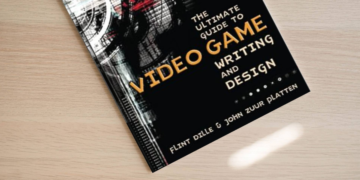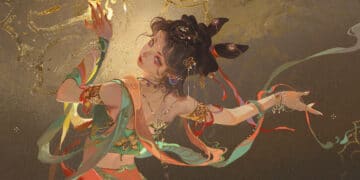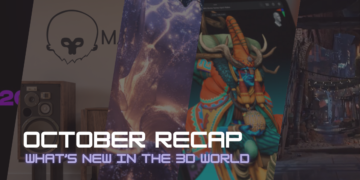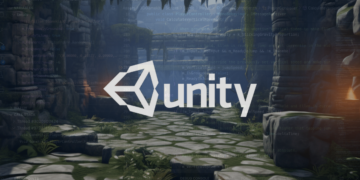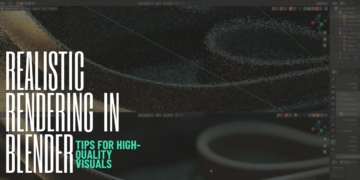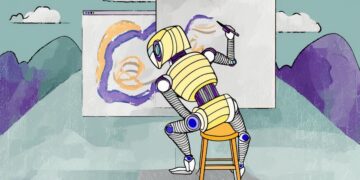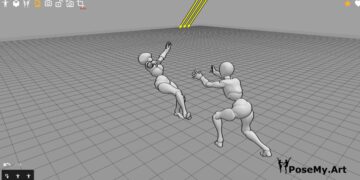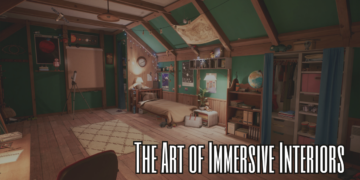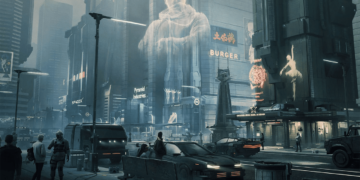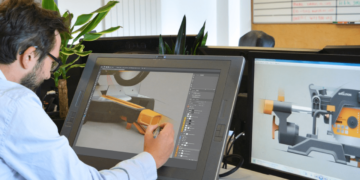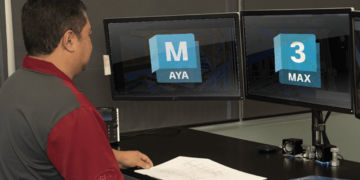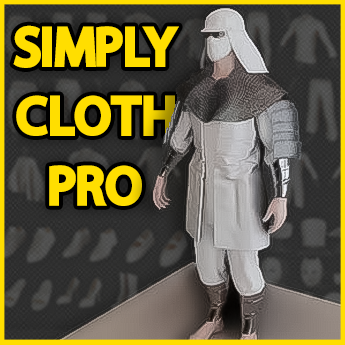so is Blender hard to learn? is it easy to learn? this is a question that lots of people are asking and they want an answer and I would say that the answer is not going to be a clear-cut whether it be easy or hard because these things here are complicated so bear with me in these few minutes we’ll discuss some very important things if you want to have a future in 3D or if you want to learn blender or any 3D software in general.
so there is a possibility that this question is going to be asked by beginners and people who have experience in other 3D programs or in other forms of art or computer graphics.
I believe, for the most part, this question is going to be asked by beginners who don’t have experience but they know that Blender is an amazing 3D software and they want to know whether they can learn it or not, and this is a very fair question if you want to commit to something that is going to take you probably years, you want to know whether you are going to spend an easy time learning this software in the first place.
your background:
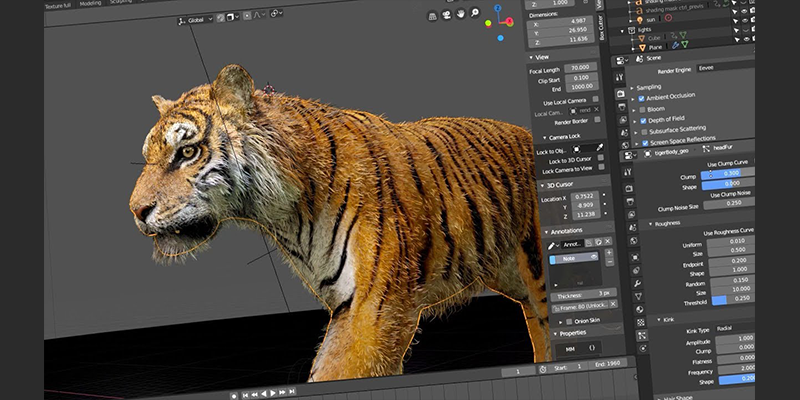
so the first thing we want to talk about is your background because it is very important and it is probably the biggest determining factor when it comes to deciding whether Blender or any other 3D program is going to be easy or hard for you or not.
in my experience people who have a good background in art like for example, they used to draw as a kid or they used to do artistic stuff when they were young which generally speaking, means that they have an interest in the creation process and having fun doing that without any external motivation. these people have a very high chance that they will find Blender easy to learn regardless of how hard it is because they are creative people and problem solvers since a young age.
I listen to a lot of interviews and CG podcasts all the time and when the host asks the artist about his background it always goes something like this: I used to draw when I was a kid like 4 or 5 years old.
this is a repetitive theme among artists .it is one of the things that great artists have but it does not have to be that way because there is an exception for this rule since talent is not god-given but something you acquire over time and practice.
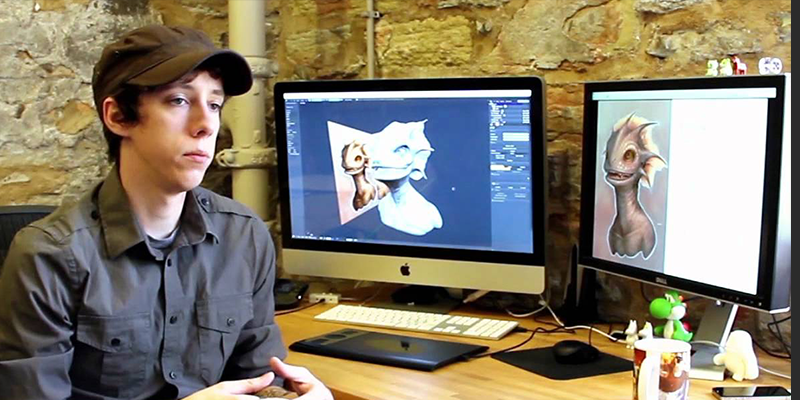
if you need to learn a 3D program like Blender for work or because you need it, this will be enough motivation for you to get very good at it.
if you have experience in 3D and you’ve been using 3D software for a period Of a time now and you mastered it to a certain extent. meaning that you have a solid grasp over the tools and you can use them to create whatever you want without facing lots of problems then I would say blender is going to be easy for you because once you master the 3D concepts, in general switching to another 3D program is not going to be a big of deal because you already know what you need to do it’s just a matter of getting used to the tools.
depends on what you want to learn:

in the last few years, Blender interface became better and understandable for people who don’t know a lot about the functionality of the tools and where they exist.
When it comes to modeling if you never modeled anything before then you are going find it difficult at first but as you practice you will be able to get used to the tools and modifiers and the shortcuts as well.
sculpting in Blender is not as robust as Zbrush which is a program that specializes in sculpting for the most part. but you will be able to create very great models using blender’s sculpting tools. if you come from ZBrush it will be easy for you but if you are new to sculpting, then you have to put in the work to learn.
UV unwrapping in Blender is very good, and for most people especially beginners UV unwrapping will be a new concept, it will be hard at first but after working on a few models you will get the gist of it and later it will become easier with practice.
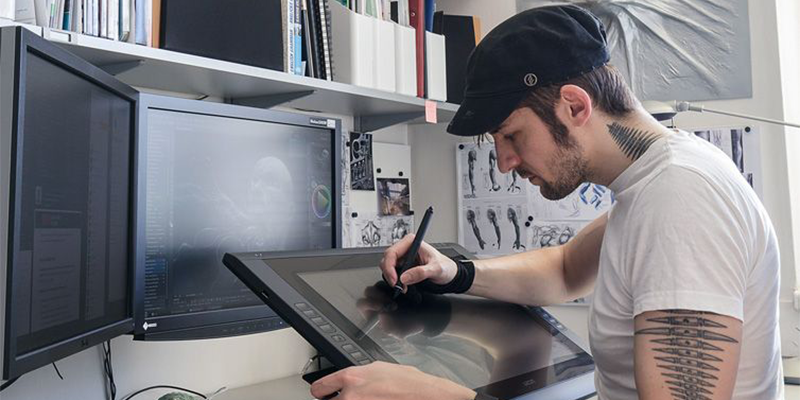
Rigging and animation is not easy to learn with Blender or other programs, you will have to put in the work in order to get good at it, but if you enjoy it you will get there.
For Dynamics and simulations, Blender has awesome tools but you need to spend a good amount of time practicing in order to be good at creating simulations like fire smoke water and so on with a quality that is realistic and will impress other people.
what to expect from learning 3D
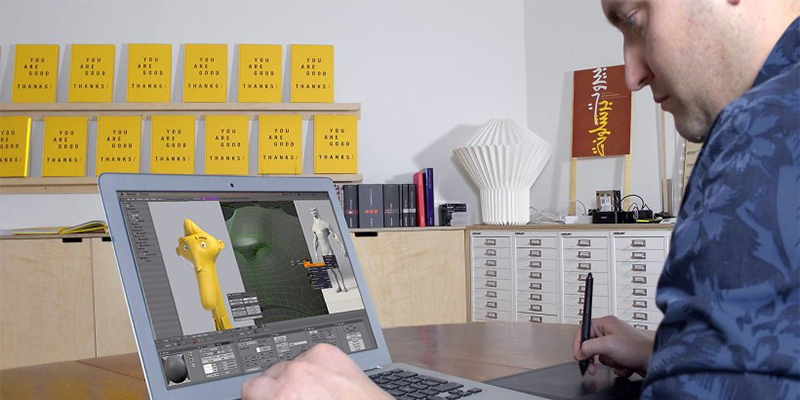
1- Watching tens of hours of tutorials.
if you want to learn a 3D program then you need to spend tens of hours watching many hours of tutorials and courses talking about the details and be specific things you need to do in order to create something.
if you think that this is too much then probably learning 3D is going to be generally speaking hard for you and you are going to find Blender in particular hard to learn because this is something you have to do in order to get information from experienced sources not only your own experience from trial and error since you are probably going to take forever to learn it on your own.
2–years of practice.
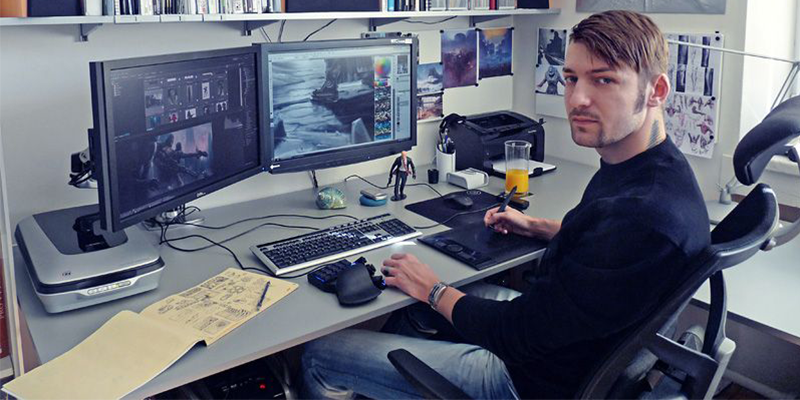
also, it will take you many years in order to master a 3D program and you need to put this in perspective because technically speaking under 2 years you are still a beginner or intermediate student and you’re not going to be seeing significant results.
most artists who are creating amazing art and getting hired by Studios have at least three to four years of experience learning the software.
I am saying this not to discourage you but to put things in perspective and be real.
if you are a very fast learner then probably you are going to be an exception and probably you are going to be very good after 2 years or something and it is going to be really great if you can do this.
working long hours to get things done.

also, a part of being a 3D artist is working for very very long hours to get things done. for example, if you want to create a scene in 3D it is probably going to take you tens of hours like 70 or 80 hours on one scene which is a very normal thing, in contrast, drawing a scene in 2D probably is going to take you less than 20 hours if you want to create something spectacular.
what I want to say here is that 3D work takes time so you need to expect some difficulty when it comes to the amount of time you are going to spend creating, that’s why 3D artists work crazy long hours in VFX and game development Studios because it just takes time to get these types of things done.

and again if you are not willing to spend many hours creating stuff then probably 3D is going to be hard for you even when you love it.
also recreating stuff is a part of 3D work, sometimes you are going to be given work to do and at the end of the day, you will be asked to start over because this is not what your employer envisioned or wanted in the first place or there was a miscommunication.
sometimes you will not be good enough and will need to upgrade your skills by learning new tools or upgrade your skills to create the thing you want at least with the quality you want it to be.
Mastery:

there is one concept I want to talk about here which is called the concept of Mastery this is very important to understand for anyone who wants to learn anything so I’m going to talk about it real quick here.
so basically there is a guy who wrote a book called Mastery in which he breaks down the process and talks about the Four archetypes and you definitely fall into one of these archetypes as you try to learn 3D or blender in this case.
First The Dabbler is the most common archetype. The Dabbler’s approach to learning 3D goes something like this: try to lean 3d and then after a month or so he will tell himself that 3D is not for him but 2D Drawing is, so he jumps to it and after a month or so the same thing happens and he keeps jumping to the next thing without learning anything.
Second, The Obsessive differs from the Dabbler mainly in terms of the initial magnitude of effort that is being put into a given subject. The Obsessive’s approach to Learning 3D will be like this :
try to learn Blender for a month or so and when they don’t see results they double down with more effort and in the end they burnout and quit.
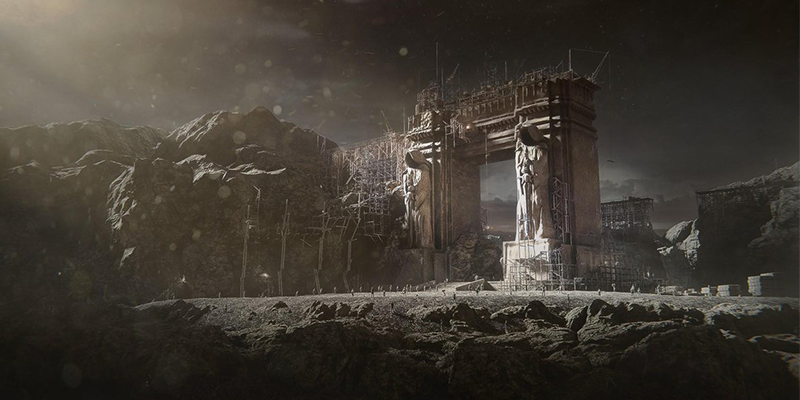
Third, The Hacker which differs substantially from both the Dabbler and the Obsessive. However, they are not Masters. The Hacker’s approach to learning Blender is like this: they try to learn Blender for a few months, they see results, but they don’t push themselves to grow and become better and as a result, they will never be great at it.
The Master differs from the three-obstacle archetypes because they love the practice, enjoy the process, and appreciate the journey, rather than desperately clinging to the idea of the end result. They perform tons and tons and TONS of deliberate, intentional practice.
Advice & strategies:
if you want to find a 3D software easy to use please Start with simple things and build your way up to more complicated things as you become better which means that you will not necessarily face the steep learning curve.
Also, a very important thing is to practice what you learn as soon as you learn it because this way you are not going to forget all the knowledge you absorbed.
if you find 3D programs hard to learn just stop for a moment and think how your life will be changed to the better if you become a 3D artist, the things you will create and the projects you will work on.
think long term and you will have the ability to persist in the face of difficulties.
3D programs are hard compared to the other CG programs but if you persist in the face of the obstacles that you will face then you will become a 3D artist, it is just a matter of time.
and remember to have fun because it is the most important thing, if 3D is not fun i don’t know what is because this is the most fun thing for me.

